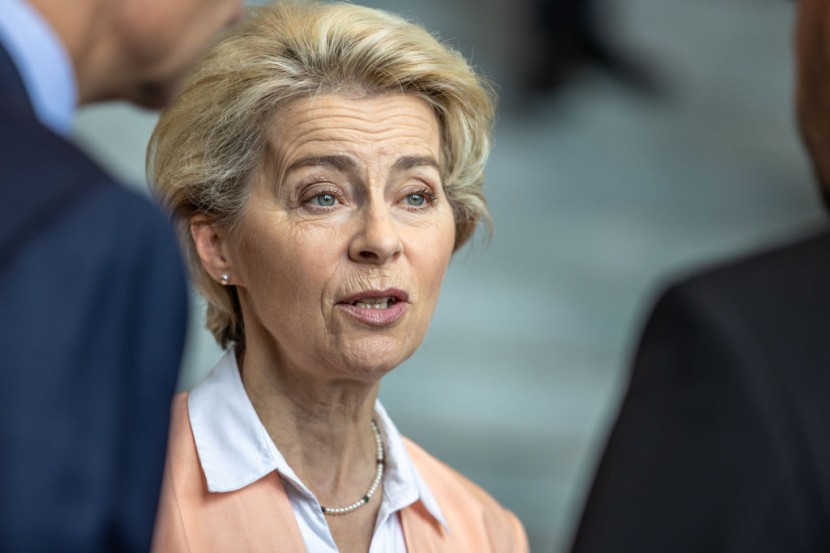
European Union Commission President Ursula von der Leyen urged the use of Russia's frozen assets to rebuild Ukraine following the damage that Moscow's military has inflicted on its neighboring country amid the war.
The EU is also trying to set up a specialized court that would investigate and prosecute alleged crimes that Russia has committed within Ukraine amid the invasion. Von der Leyen said that Moscow must pay for its crimes, including its aggression against a sovereign state.
Russia's Frozen Assets
The official added that while they are continuing to support the International Criminal Court (ICC), they are also proposing a specialized court, backed by the United Nations, to look into and prosecute Russia's crime of aggression in Ukraine.
In a video message, the EU president said that they are now ready to start working with the international community to get the broadest international support possible for the proposed specialized court.
Von der Leyen added that Russia must also pay financially for the destruction that it has caused to Ukraine's infrastructure and citizens. She added that they have the means to make Moscow pay the required sum, as per CNN.
The EU president noted that Russia's aggression on Ukraine has caused roughly $626 billion in damages. She added that Moscow and its oligarchs have to compensate Kyiv for the damage and cover the cost of rebuilding the European nation.
The situation comes as the EU has already blocked $313 billion of the Russian Central Bank reserves and has frozen nearly $20 billion of Russian oligarchs' money. Von der Leyen added that in the short term, they could create a structure to manage the funds and invest them, with the help of their partners.
According to the Financial Times, under the proposal, the EU would shift the liquid assets of the Russian state that were frozen under sanctions into a fund. This money would then be actively managed to generate a "stable and fair net return" to assist in rebuilding Ukraine.
Rebuilding Ukraine
As the underlying assets would not be permanently confiscated under the proposal, they would be returned to the Russian state if a peace agreement was signed. The discussion paper also emphasized the need for coordinated action at an international level.
Several EU officials have since expressed their support of confiscating the assets outright, including the EU's high representative, Josep Borrell, who said that such a decision would be "full of logic."
However, confiscation of the sovereign assets would be fraught under international law and officials have acknowledged that it could result in financial stability risks. In April, United States Treasury Secretary Janet Yellen said that confiscating Russian state assets is not a decision that should be made lightly.
The situation comes as the Kyiv School of Economics previously said that the cost of the damage inflicted by Russia amid the war was estimated at $127 billion. However, that number was a tally that came at the beginning of September, prior to Moscow's continued bombardment of civilian energy infrastructure in the months after, Global Construction Review reported.
Related Article : Ukraine Claims Russia Is 'Planning Something' That Could Affect the Southern Regions; NATO Pledges More Help for Kyiv
© 2025 HNGN, All rights reserved. Do not reproduce without permission.








